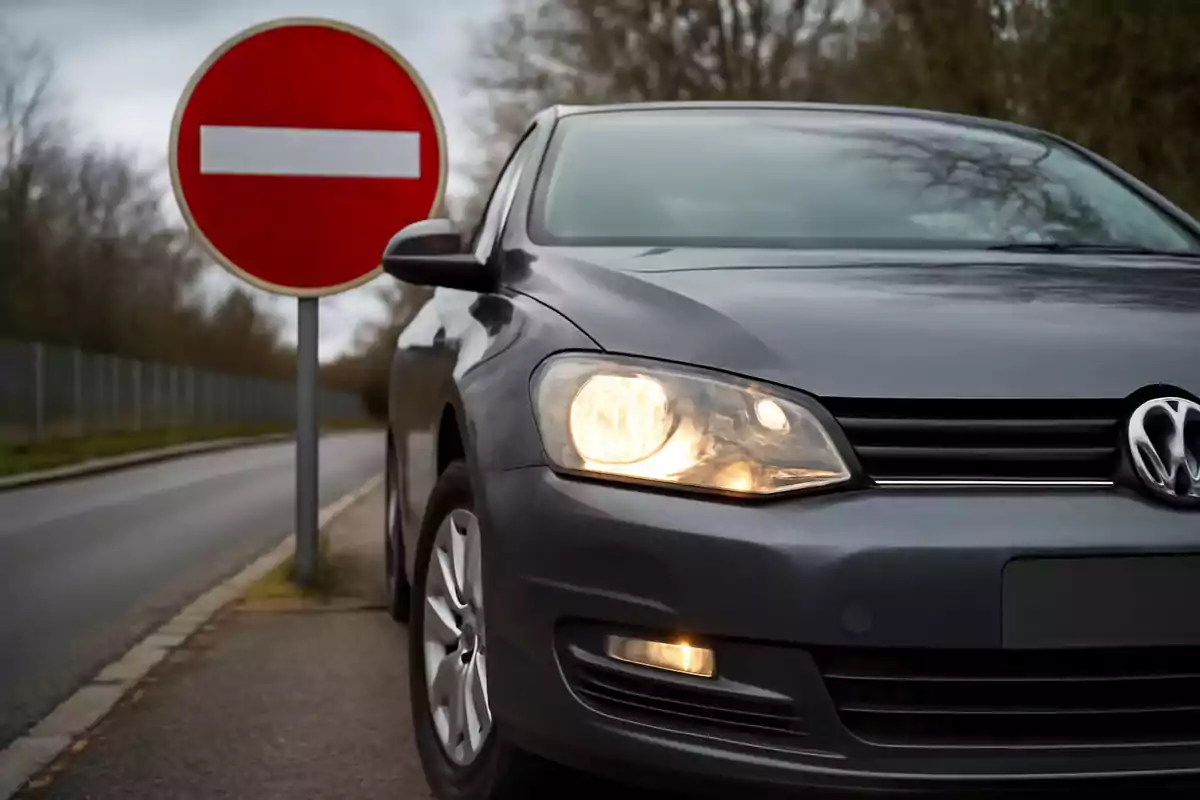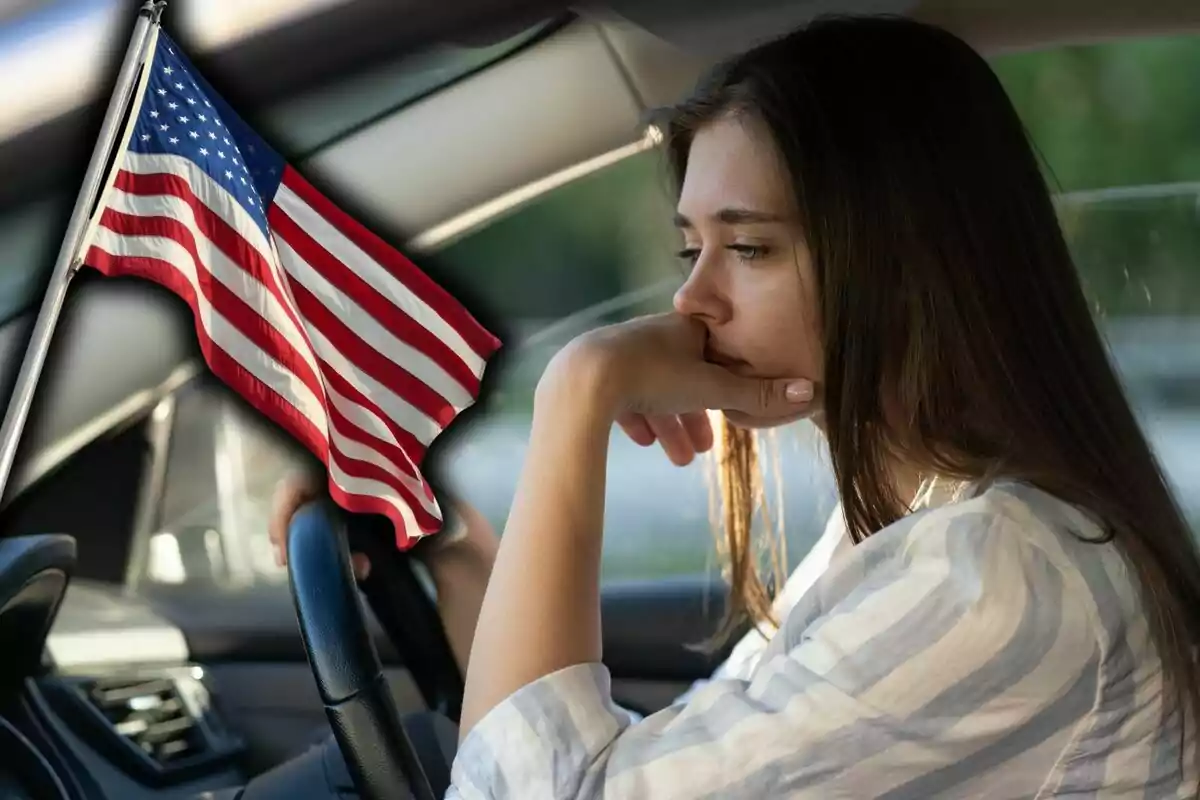San Francisco is about to take an important step that will change the lives of many of its residents. The city is seeking to impose a law that would limit recreational vehicle parking to two hours. This measure aims to improve safety and order on the streets, but it has sparked controversy among recreational vehicle residents and community advocates.
The committee responsible for reviewing the proposal has already approved the measure, and now it is just one step away from becoming law. The city identified more than 400 recreational vehicles in May, many of which serve as homes for people who lost their housing due to the economic crisis and the pandemic. The situation has put San Francisco at the center of the debate over homelessness and the use of public space.

The new measure: Restrictions and reactions
San Francisco's Budget and Finance Committee voted in favor of amending the law, establishing a two-hour restriction for recreational vehicle parking on public roads. While some received this measure with discontent, the city argues that it will help solve traffic and safety problems. Lucy, a resident of one of these modern vehicles, expressed her disagreement, noting that her mobile home isn't costing the city anything and doesn't pose a threat.
Despite these concerns, the city has proposed alternatives for those affected. Recreational vehicle residents will receive a permit to park on the streets for six months while they wait for a housing solution. This plan seeks to help those who are struggling to find stable housing in the city.

The future of the law and its implications
The future of the law is now in the hands of three key supervisors who lead the committee. In recent weeks, more than 400 inhabited recreational vehicles have been identified in San Francisco, many of them by people who lost their jobs and their homes.
Some argue that the law is necessary to improve safety and order in the city. However, advocates for the rights of recreational vehicle residents have shown concern about the lack of real housing alternatives.
The Department of Supportive Housing and Homelessness has proposed creating a community outreach team to assess the needs of recreational vehicle residents. However, some critics, such as Lukas Illa of the San Francisco Coalition on Homelessness, have pointed out that the proposed solutions aren't enough to address the problem.

